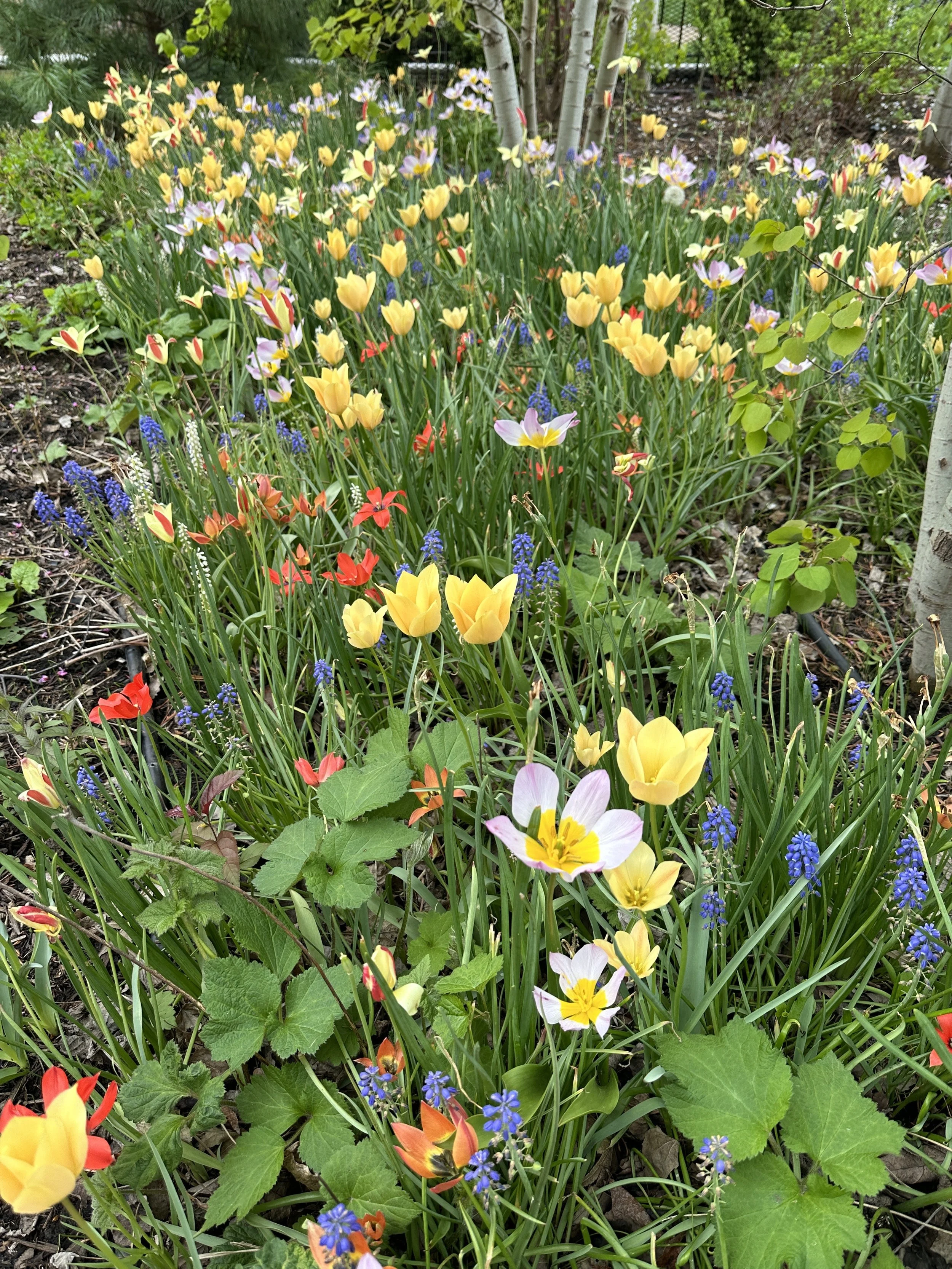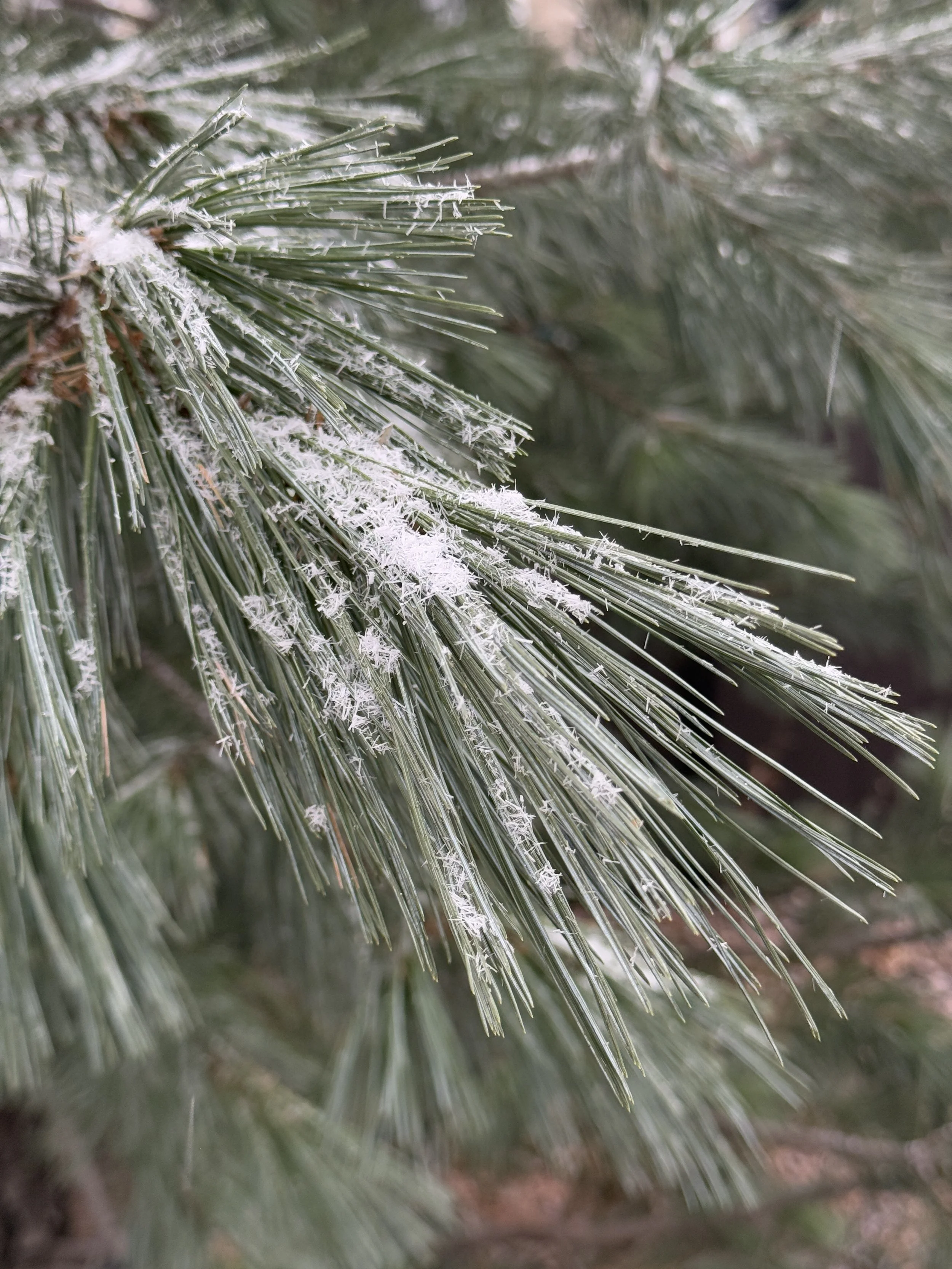Every spring, neighborhoods come alive with color — tulips, daffodils, hyacinths, and more bursting through the soil as the very first signs of life after winter. It feels like magic, but here’s the truth: that spring magic starts in the fall.
Read MoreA Year in the Life of Rooftopia: Behind the Scenes with Our Fine Gardening Team
At Rooftopia, the changing seasons are more than a shift in weather—they mark a full-on symphony of planning, planting, pruning, and preparing. With over 120 fine gardening clients and new projects underway each month, we stay busy year-round making sure every container, rooftop, landscape and garden bed gets the care it deserves.
Read MoreMertensia virginica—commonly known as Virginia bluebells—plays a vital role in supporting early-season pollinators at a time when food sources are scarce. Blooming in April, just as many native bees, bumblebees, and butterflies begin to emerge from dormancy, these flowers offer essential nectar and pollen when little else is in bloom. For pollinators, especially those with early flight periods, this dependable native is a lifeline.
If you're looking to bring a touch of spring magic to your garden, Virginia bluebells are an ideal choice. Their delicate bell-shaped flowers and lush green foliage brighten up woodland gardens, shaded borders, or any area with moist, well-drained soil. With their low-maintenance nature and graceful, ephemeral charm, they not only delight the senses but also contribute meaningfully to a healthy and biodiverse garden each spring.
Read MoreThe Red Maple (Acer rubrum) is a must-have for homeowners looking to add beauty, shade, and sustainability to their landscape. Fast-growing and highly adaptable, it thrives in city settings, providing cooling shade, cleaner air, and natural stormwater control.
Read MoreThe Red Twig Dogwood (Cornus sericea), also known as Red Osier Dogwood, is a hardy and adaptable native shrub that provides year-round beauty and ecological benefits in Chicago and the Midwest.
Read MoreSnow isn’t just a beautiful winter wonderland; it plays an essential role in garden ecosystems, benefiting both plants and wildlife in multiple ways.
Read MoreBaptisia, commonly referred to as false indigo or wild indigo, provides a number of significant benefits during the winter months, even though it is a perennial plant that typically dies back completely to the ground in colder climates. Here’s a closer look at how this remarkable plant can positively contribute to your winter landscape and enhance the overall ecosystem during the colder season:
Read More






